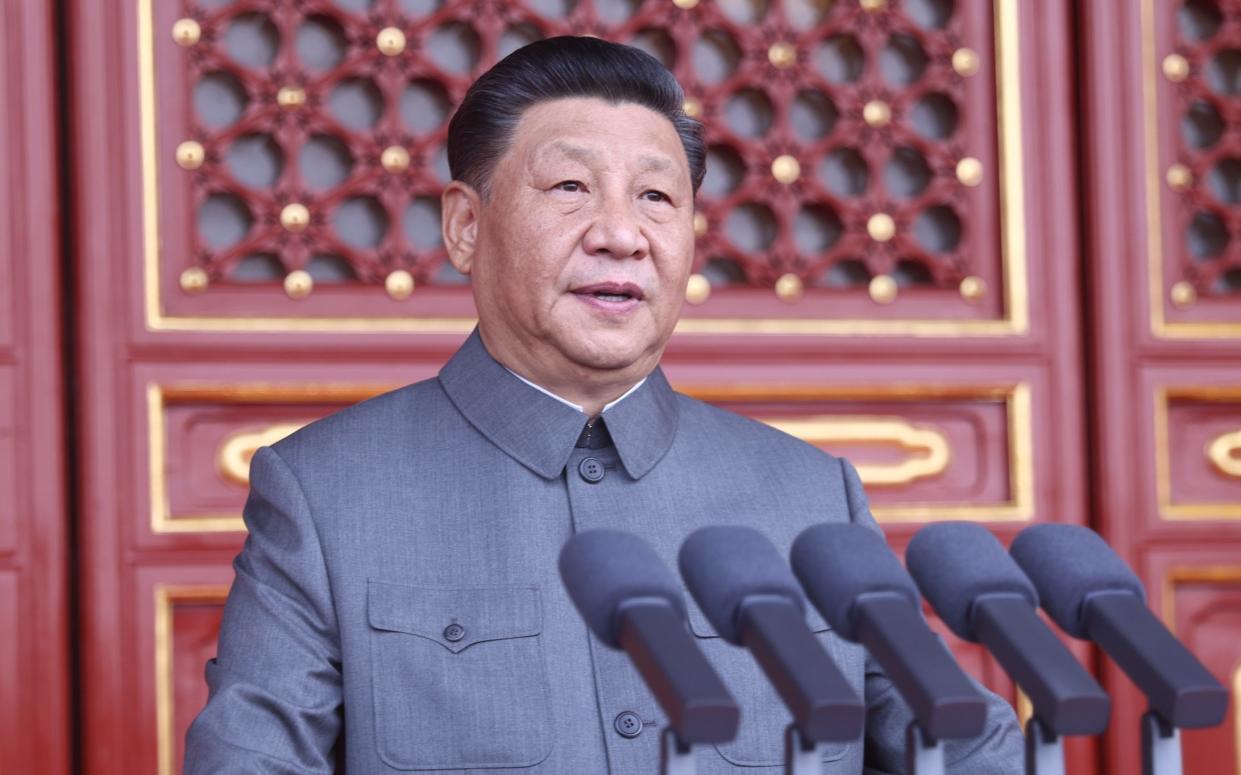Allegiance to Xi Jinping now a requirement for China’s journalists as stranglehold on press tightens

- Oops!Something went wrong.Please try again later.
Allegiance to Xi Jinping has become a “prerequisite” of working as a Chinese journalist, according to a new report that documents Beijing’s tightening grip on the media in the near-decade since he came to power.
The study by Reporters Without Borders found that journalists are “caught in a complete stranglehold of ideological control” as the Chinese Communist Party firms up the cult of personality that has grown around Mr Xi.
Beijing bans Chinese reporters from covering “sensitive” topics - such as Taiwan, Hong Kong, and persecution of the Uyghur minority - and tries to coerce foreign media into ignoring certain issues.
The government has detained some foreign journalists and expelled others over their reporting.
While Chinese news organisations are all largely state-owned, some outlets in the past “benefitted from the few small pockets of freedom that came with the country’s economic development”, reads the report.
That window has now closed, it says.
Chinese journalists are also required to complete a minimum of 90 hours of training every year on “Xi Jinping Thought”. They must download and use a mobile app that purports to educate users on Mr Xi’s political doctrine.
The app, called “Study Xi, Strengthen the Country,” has been mandated since 2019, and allows external parties access to information without the user realising, a risk to journalists and their sources, notes the report.
Reporters Without Borders noted that a number of Chinese and foreign journalists have been disappeared by authorities, including Cheng Lei, an Australian who worked for Chinese state broadcaster CGTN and has been missing for more than a year.
Sophia Huang Xueqin, a journalist and figure in China’s #MeToo movement, was detained in September on her way to the UK on a Chevening scholarship. Haze Fan, who worked in Beijing for US outlet Bloomberg News, has been missing for a year.
Control has extended to Hong Kong, with the report detailing the rapid dismantling of press freedom after the national security law was imposed on the city by Beijing.
The World Press Freedom Index ranks China as the world’s third-worst country, above only Turkmenistan, North Korea and Eritrea.

